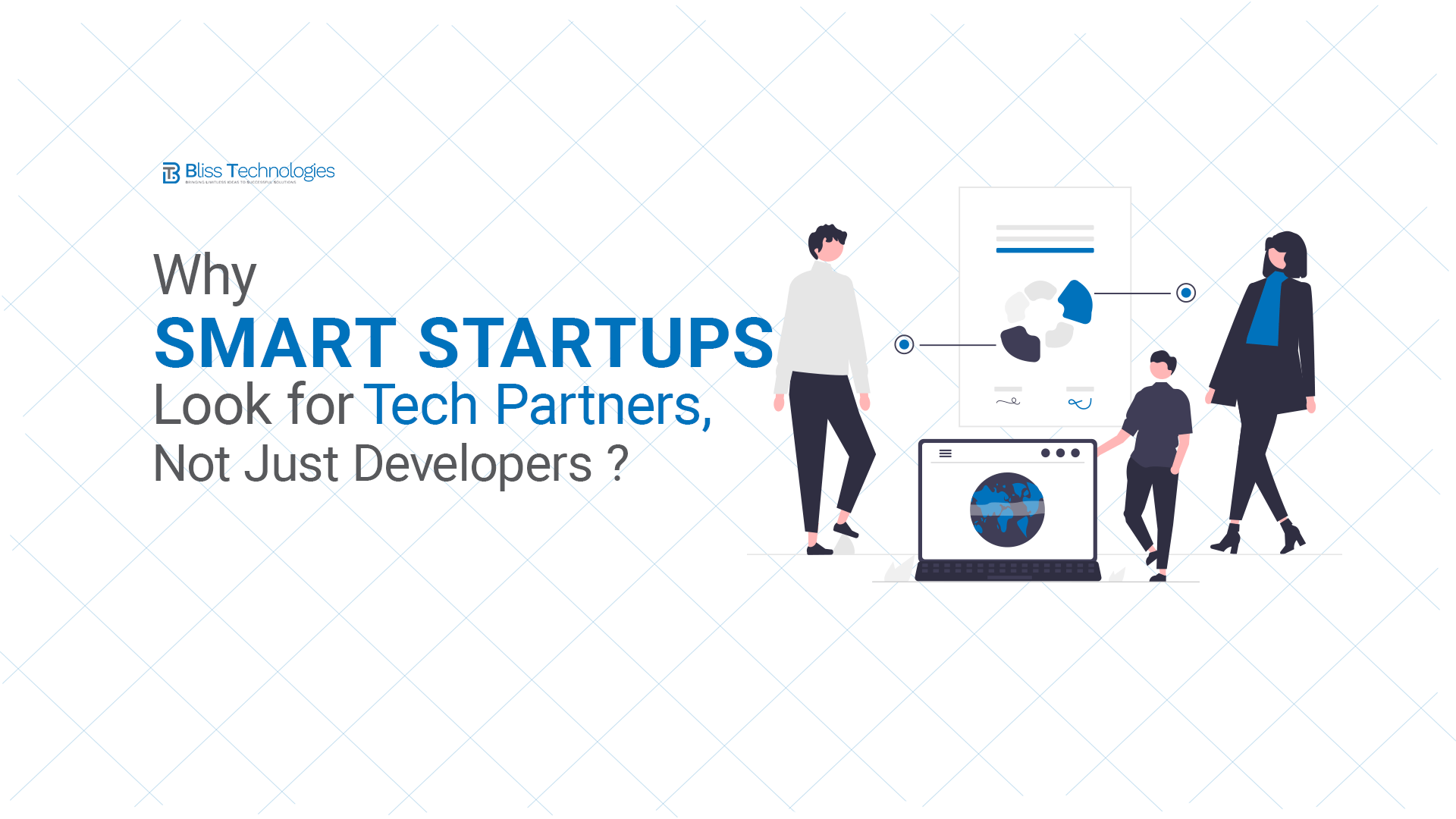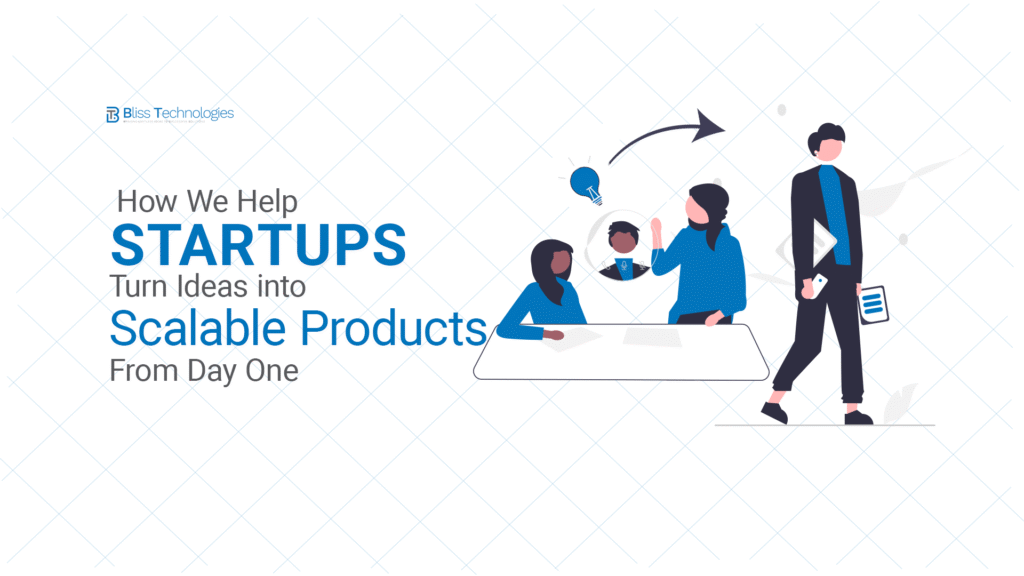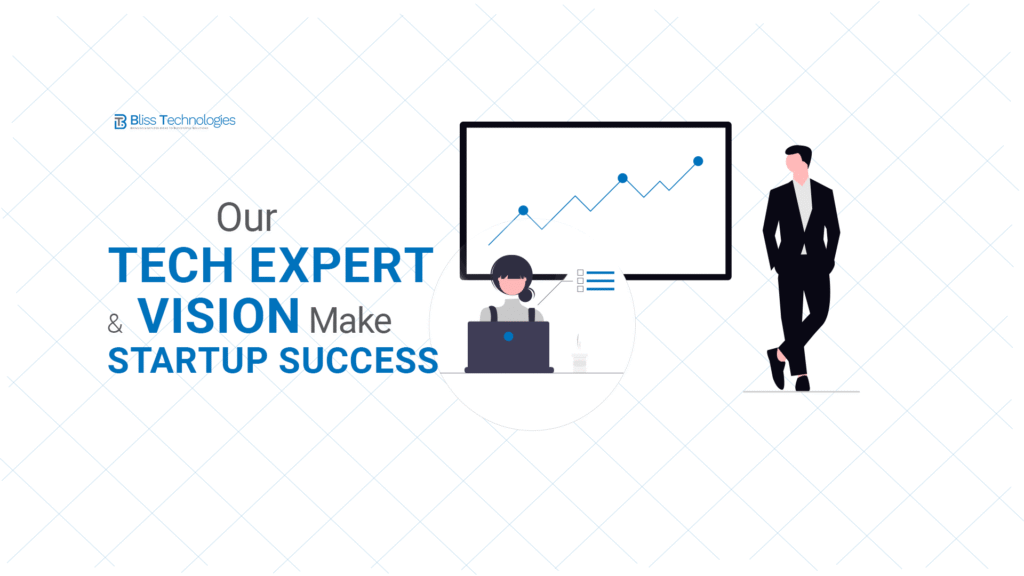
When building a startup, one of the most critical decisions you’ll make is who builds your product. While many early-stage founders rush to hire developers, the smartest startups take a different route – they seek tech partners, not just coders.
But what’s the difference between a developer and a tech partner? And why does it matter?
Let’s break it down.
Developers Build Code — Tech Partners Build Businesses
A developer is great at writing clean, efficient code. They take instructions and implement what’s asked. But a tech partner does more — they think strategically, challenge assumptions, and care about your product’s success, not just its delivery.
A tech partner is someone who asks:
• “Is this the right feature to build right now?”
• “Will this scale as you grow?”
• “Is there a faster or more cost-effective way to achieve this?”
This mindset turns a transactional development process into a collaborative one — and that can be the difference between launching something that works, and launching something that wins.
Startups Need More Than Code — They Need Insight
In the early days of a startup, you’re iterating fast. Your product, audience, and even business model might evolve quickly. In this environment, you don’t just need code — you need insight, speed, and adaptability.
A tech partner brings:
• Product thinking — helping refine features and priorities
• Architecture foresight — building for scale, not just today
• Tech stack advice — choosing the right tools for your stage
• Business alignment — understanding your goals and roadmap.
That’s not something every developer is trained or incentivized to do.
Startups Need More Than Code — They Need Insight
In the early days of a startup, you’re iterating fast. Your product, audience, and even business model might evolve quickly. In this environment, you don’t just need code — you need insight, speed, and adaptability.
A tech partner brings:
• Product thinking — helping refine features and priorities
• Architecture foresight — building for scale, not just today
• Tech stack advice — choosing the right tools for your stage
• Business alignment — understanding your goals and roadmap.
That’s not something every developer is trained or incentivized to do.
The Right Tech Partner Feels Like a Co-Founder
Especially for non-technical founders, having a trusted tech partner can feel like a co-founder without equity pressure.
They can help you:
• Validate MVP ideas before writing a line of code
• Avoid overengineering or wasting time on vanity features
• Stay lean by focusing on what actually moves the needle.
In many cases, a great tech partner can even replace the need for a full-time CTO in the early days — bringing CTO-level thinking without the long-term commitment upfront.
Startups Are Built on Trust and Shared Vision
Hiring a developer is a contract. Choosing a tech partner is a relationship. They’re in it with you — through the pivots, launches, user feedback, and even funding rounds. And let’s be real: startups are a rollercoaster. Having someone technical who believes in your vision, challenges you constructively, and celebrates wins with you is incredibly valuable and rare.
How to Know If You Need a Tech Partner
Ask yourself:
• Are you looking for someone to just build, or someone to help you decide what to build?
• Do you need strategic thinking alongside execution?
• Are you non-technical and looking for a trusted guide in tech decisions?
If you answered yes to any of those, a tech partner might be the smarter move.
Final Thoughts
Smart startups know that great code is necessary, but great collaboration is transformative. A developer might get you to launch, but a tech partner helps you launch the right thing — and evolve it as you grow. So next time you’re hiring for your product, don’t just look for someone who can write code. Look for someone who can think, challenge, and build with you.
Ready to Build Smarter?
At Bliss_Technologies, we don’t just write code — we co-create with you. Whether you’re starting from scratch or scaling an MVP, we bring product strategy, technical expertise, and a partner’s mindset to every engagement.

